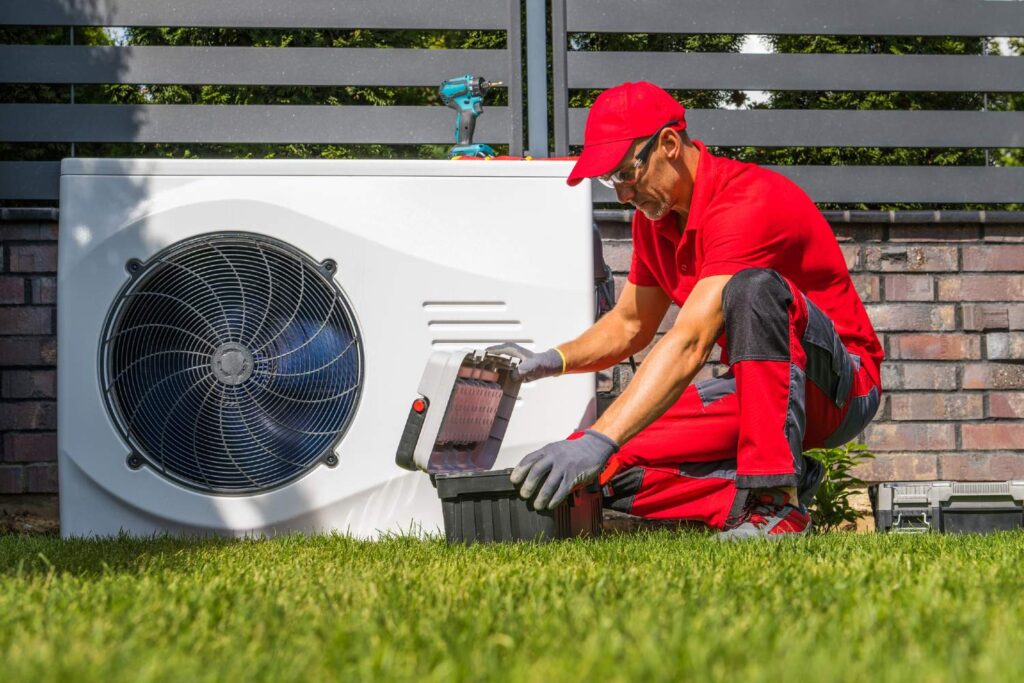Smart heat pumps could help balance demand on the electricity grid, keep homes warmer and reduce pressure on the electricity grid, according to a UK study.
The study tested how households using smart heat pumps can automatically adjust their usage to balance the grid during peak demand.
The study also found that these smart pumps could reduce emissions and reduce electricity bills across the UK.
The research was funded by the Engineering and Physical Sciences Research Council (EPSRC) and led by researchers from the Department of Energy and Climate Change at the University of Southampton in collaboration with Good Energy.
Decrease in demand
In a trial involving 30 households in the south of England, researchers tested reducing the use of heat pumps during periods of peak demand on the electricity grid.
This reduced electricity demand by 90%, while comfort remained stable.
How smart heat pumps reduce costs for consumers
The findings show that with the right technology and coordination, smartly managed heat pumps have the potential to relieve grid pressure during critical periods such as cold winter nights.
This could also lead to lower consumer costs and support the UK’s transition away from fossil fuels.
As the UK transitions to green energy and works towards net zero, effective grid management will become increasingly important to maintaining a stable and resilient energy system.
Professor Patrick James from the University of Southampton, who led the research team, said: “Our research shows that heat pumps can provide comfortable heating while helping the grid cope with congestion.
“Smart controls can play a key role in reducing emissions and making energy systems more resilient, and can even save you money on your bills.”
Built-in flexibility controls
This study investigated how energy companies, manufacturers and installers can work together to scale this approach as part of a project called LATENT (ResidentiaL HeaT As An Energy SysTem Service).
Incorporating flexibility controls into heat pump systems allows them to automatically respond to grid conditions, reducing demand when power usage spikes and restoring power when pressure eases.
Maintaining a warm home at an affordable price
Intangible flexibility like this could play a key role in helping the UK meet climate change targets while keeping homes affordable and warm.
The research team will now investigate how these smart systems can be integrated with other low-carbon technologies such as solar panels and home batteries.
These technologies have the potential to make it easier and more efficient to generate, store, and use energy in the home.
Smart heat pumps benefit both people and the planet
“This research shows how new technologies like smart heat pumps can benefit both people and the planet,” said Dr Kedar Pandya, Executive Director of Strategy at UK Research and Innovation (UKRI) EPSRC.
“By reducing peak demand, households can stay warm while preventing power outages, cutting costs and reducing emissions.”
EPSRC supports innovation that makes the UK’s energy system more flexible, cleaner and smarter through projects such as LATENT and a range of initiatives such as UKRI’s Clean Energy Research and Development Mission Accelerator programme.
Source link

